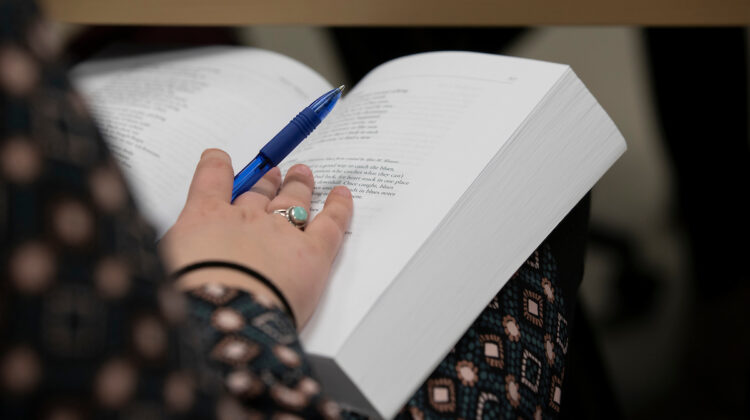Certified teachers are needed in many schools in Missouri right now.
College graduates with a bachelor’s degree can earn a Master of Arts in Teaching (MAT) to become a certified teacher. But, it can be difficult to turn down or leave a full-time job to earn a master’s degree.
MSU recently shifted their MAT coursework completely online. Now, students can earn their master’s degree while working full-time or while working in the classroom with a provisional teaching certificate.
“With an online program, we’re able to work around barriers while maintaining an academically rigorous program,” said Dr. Pamela Correll, program coordinator for the MAT. “Students are accomplishing two huge milestones with the MAT – a master’s degree and teacher certification.”
The MAT program is among five MSU online master’s degrees ranked in the top 10 across the nation.
Teachers in training
A provisional teaching certificate gives students the benefit of a full-time job and allows school districts to fill vacancies two years earlier.
“A student can work through our teacher certification office to gain a provisional teaching certificate from the Department of Elementary and Secondary Education (DESE). After that paperwork is processed, they can begin working in the classroom,” Correll said.
Students who want to earn their MAT can complete the program from anywhere in Missouri.
“The 75 hours of required observation and student teaching are completed in the school where they are working,” Correll said. “So, they’re earning a salary and are considered to be the teacher of record while they earn both a master’s degree and their regular teacher certification.”
Creating a plan
The MAT program is designed to be completed in two years. Mary Bohlen, academic advisor in the College of Education, works with students to create a plan that is suited to their needs.
“This program is responding to the question ‘what does the world we live in require from us?’ And then, ‘how can we offer that to students?’” Bohlen said.
“We need a lot of great teachers in this state, and this program works hard to remove obstacles that keep people from becoming great teachers.”


